Air pollution in Hanoi and the northern provinces in recent days remains at a bad level. To protect health from the risk of prolonged air pollution, effective preventive measures are needed.
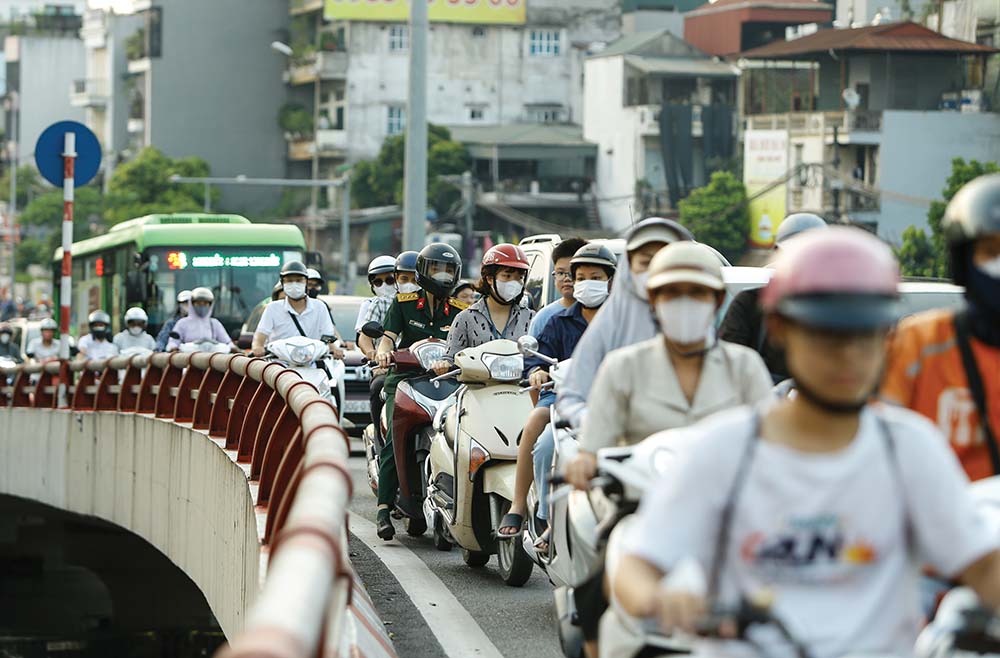 |
| When the air is polluted, if people have to go out, they should wear high-quality masks to protect against fine dust (Photo: D.T) |
Health consequences of air pollution
According to the announcement of the Ministry of Natural Resources and Environment, in recent days, the pollution index in provinces such as Thai Nguyen, Vinh Phuc, Phu Tho, Hung Yen and Thai Binh has been at a "very bad" level, negatively affecting people's health. On the morning of January 5, 2025, the air quality in Hanoi was at the highest pollution index level, ranking 3rd in the world.
The effects of air pollution not only affect the quality of life, but also cause many serious health problems. According to the World Health Organization (WHO), air pollution is responsible for about 7 million deaths each year globally, mainly due to respiratory diseases, cardiovascular diseases and lung cancer. In Vietnam, tens of thousands of people die each year from these causes.
Many studies have shown that long-term exposure to fine dust and air pollutants can increase the risk of lung cancer. In addition to affecting the respiratory system, air pollution also seriously affects the cardiovascular system, increasing blood pressure, increasing the risk of myocardial infarction, stroke, heart failure, etc.
Air pollution not only affects physical health, but can also cause mental health problems. People living in heavily polluted areas often feel stressed, anxious, and depressed due to the impact of their living environment.
A less-noticed but very serious danger is the impact of air pollution on the nervous system. Air pollutants, especially fine dust and toxic gases, can enter the brain through the bloodstream, causing inflammation and damaging nerve cells. This can contribute to neurological diseases such as Alzheimer's, Parkinson's, and depression.
Children living in air pollution environments may experience cognitive decline, affecting their learning and intellectual development. Air pollution increases the risk of learning disorders and reduces language development.
Air pollution also weakens the body's immune system, making the body susceptible to infections and increasing the risk of chronic diseases such as diabetes and obesity.
Pregnant women who live in polluted environments may have an increased risk of premature birth or low birth weight. Pollutants can affect the development of the fetus and reduce the amount of oxygen supplied to the baby. Children born in polluted environments may have problems with physical and mental development.
Protect your health from air pollution
Faced with the serious and prolonged air pollution situation, Mr. Hoang Minh Duc, Director of the Department of Preventive Medicine (Ministry of Health) emphasized that people need to regularly monitor air quality through the websites of the Ministry of Natural Resources and Environment, Departments of Natural Resources and Environment of provinces and cities, in order to implement appropriate preventive and health protection measures.
When the air quality index is moderate (AQI 51-100), normal people can participate in outdoor activities, but sensitive people should reduce outdoor activities and avoid strenuous activities.
When the AQI is poor (101-150), normal people should reduce outdoor activities, especially when experiencing symptoms such as eye pain, cough, sore throat; limit activities in polluted areas. Sensitive people should limit outdoor activities and switch to light indoor activities. If coughing, chest tightness or wheezing occur, reduce or stop exercise.
When the AQI reaches a bad level (151-200), normal people should limit outdoor activities or participate in strenuous physical activities, choose less polluted times of the day to go out. If you have to participate in traffic, you should prioritize using public transport instead of motorbikes or bicycles. People should limit opening windows during times of heavy air pollution. Sensitive people should avoid outdoor activities and do light activities indoors.
When the AQI is at very poor levels (201-300), normal people should avoid long-term outdoor activities and switch to indoor activities. If you must go outside, use a dust mask. Sensitive people should completely avoid outdoor activities and only participate in indoor activities. In case you must go outside, minimize the time of exposure to polluted air and use a protective mask.
When the AQI reaches hazardous levels (301-500), avoid all outdoor activities, switch to indoor activities, or postpone to another day when air quality improves.
In general, in the context of air pollution, people need to wear high-quality masks (N95, KF94) when going out, especially on highly polluted days, to protect the respiratory system; clean the house regularly to minimize dust.
Limit the use of honeycomb coal stoves, firewood or straw burning, instead use electric stoves, induction cookers or gas stoves to reduce pollution. Planting trees around the house also helps prevent dust and clean the air. For those who smoke cigarettes or tobacco, they should quit or limit smoking and not smoke indoors. Non-smokers should stay away from cigarette smoke.
People need to regularly monitor their health and undergo periodic health check-ups. People who are sensitive to air pollution, such as children, pregnant women, people with respiratory and cardiovascular diseases, and the elderly, should avoid exposure to sources of pollution from vehicles, construction sites, charcoal-fired cooking areas, or other polluted areas.
In case of symptoms such as fever, rhinopharyngitis, pneumonia, bronchitis, blood pressure or cardiovascular disease..., go to a medical facility immediately for timely examination and treatment.
Source: https://baodautu.vn/bao-ve-suc-khoe-khi-o-nhiem-khong-khi-keo-dai-d240363.html


![[Photo] Ready for the 2025 Fall Fair](https://vphoto.vietnam.vn/thumb/1200x675/vietnam/resource/IMAGE/2025/10/14/1760456672454_ndo_br_chi-9796-jpg.webp)


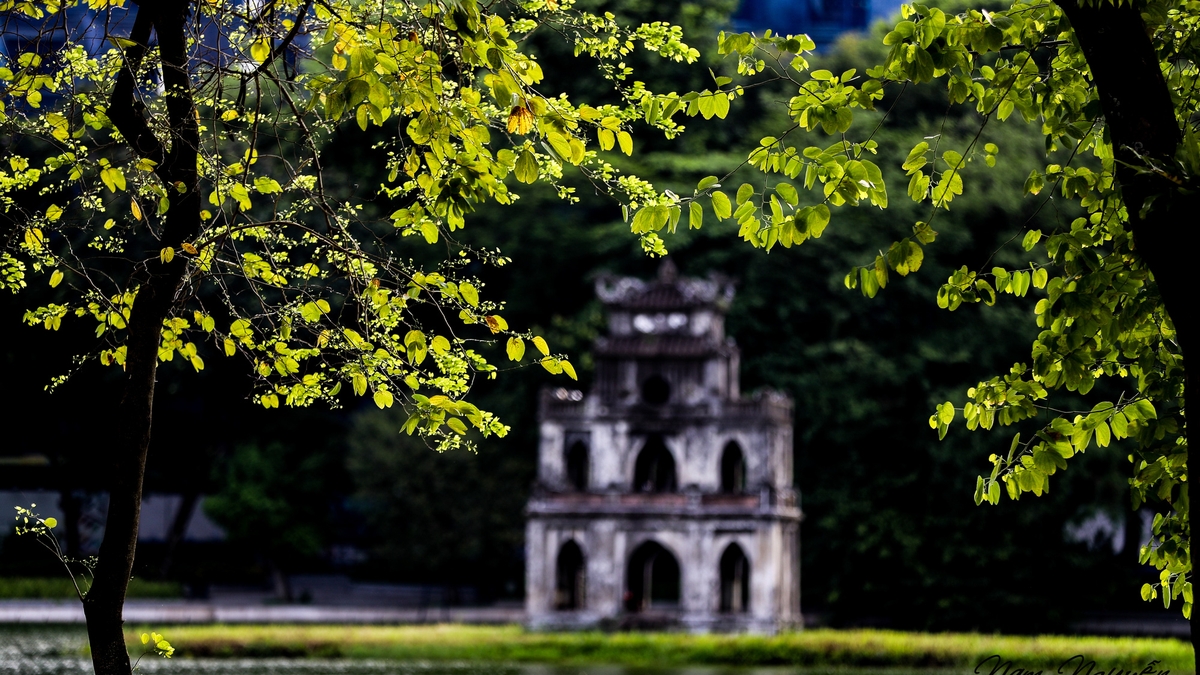
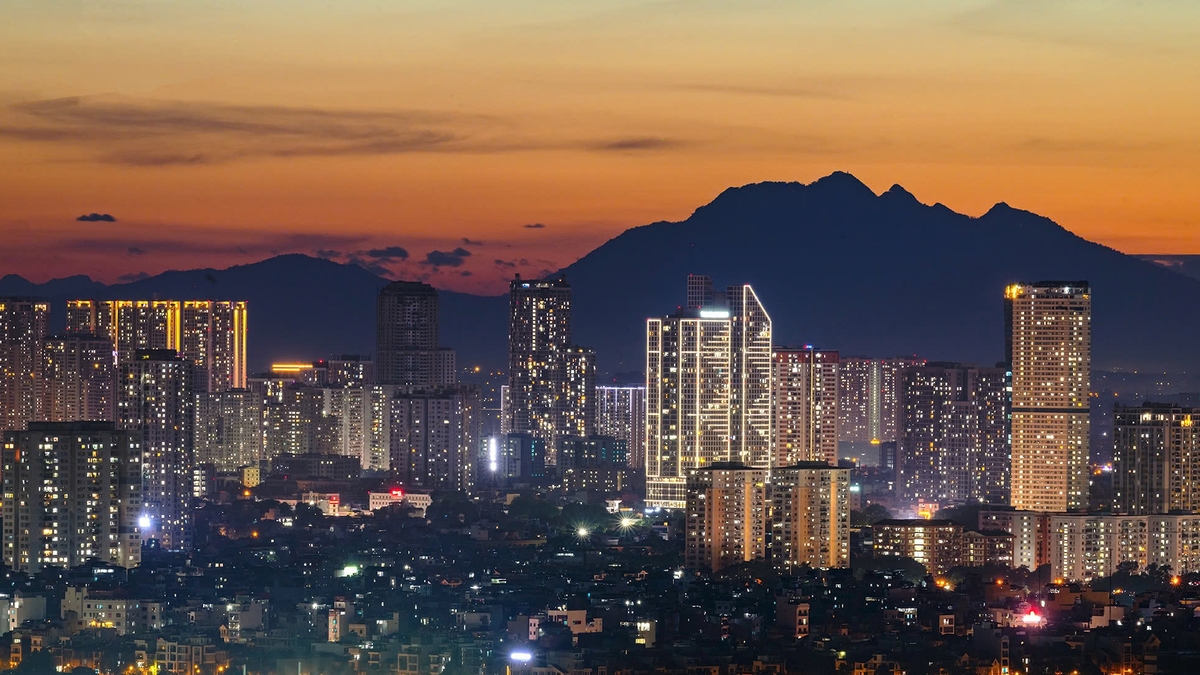









































































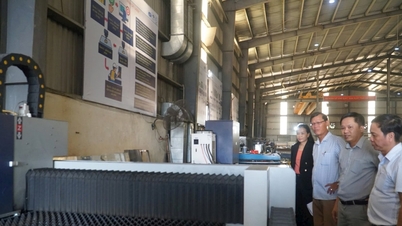





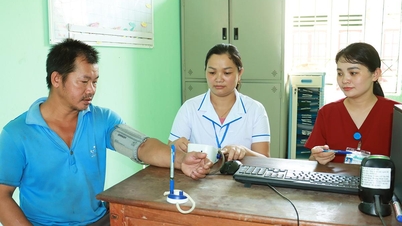

















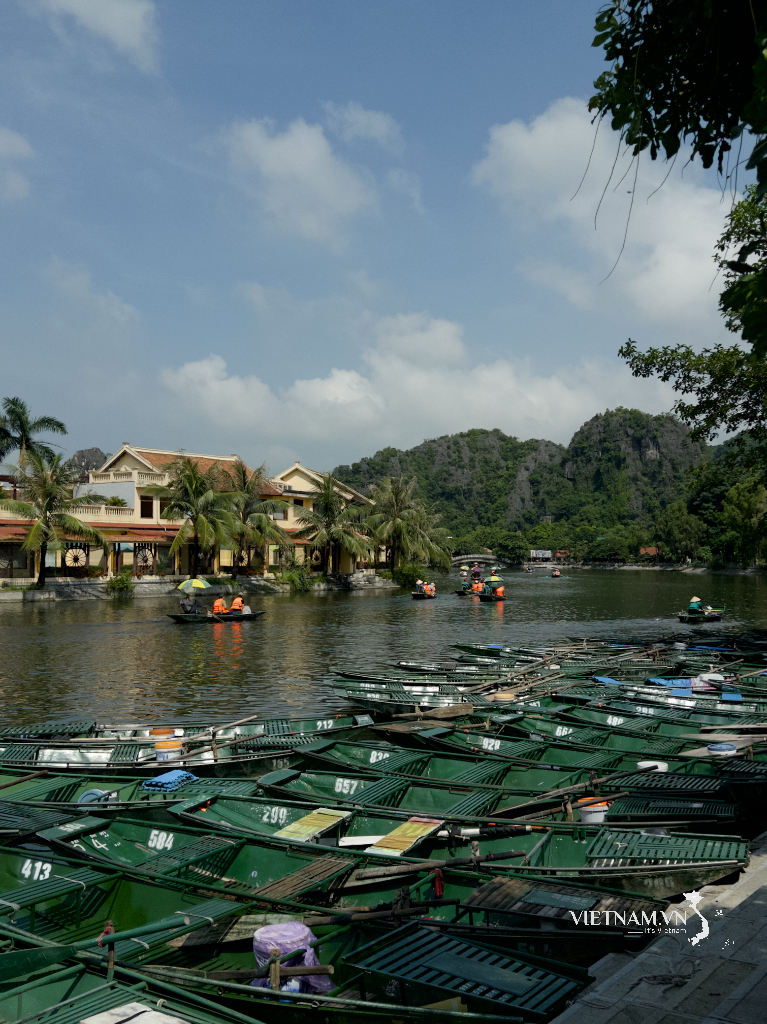
Comment (0)